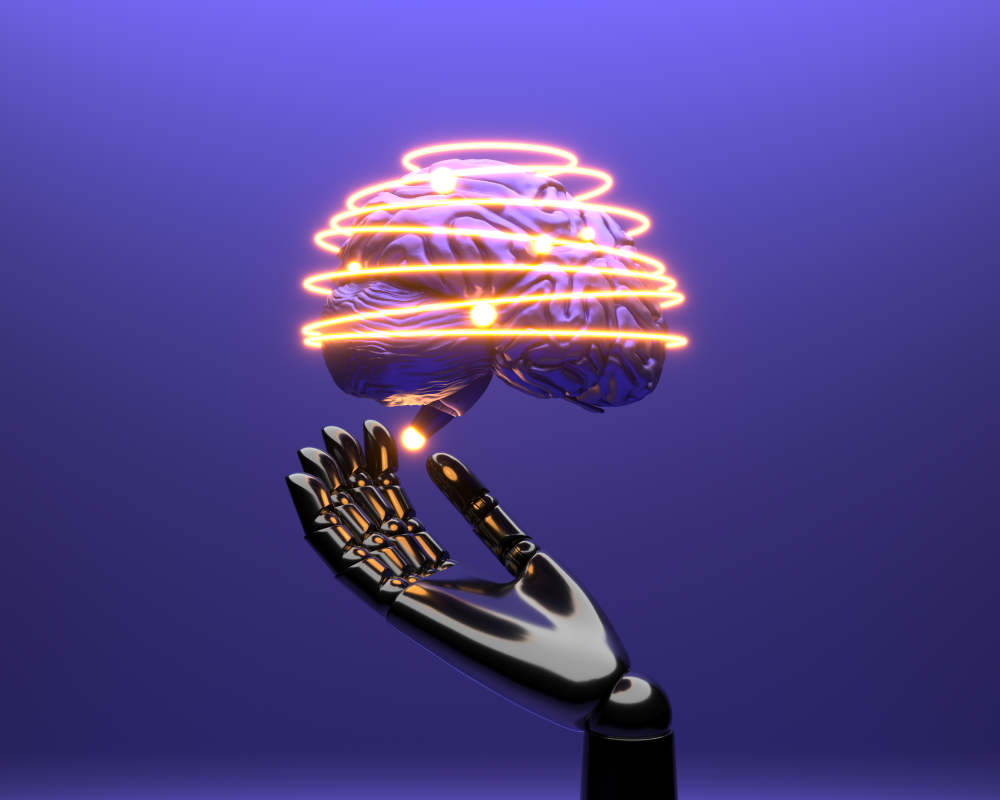


As the world moves toward artificial intelligence (AI) in the workplace, conversations have erupted about its impact. There are different opinions regarding the impact of AI on the workforce. Some people are concerned that it may lead to the replacement of human workers, while others see it as a tool to boost productivity and efficiency. So, let's delve into the discussion and explore how AI and human skills can coexist to shape a more productive and innovative job landscape.
AI's Role in Enhancing Productivity
Artificial Intelligence has shown remarkable potential for automating repetitive tasks, analyzing vast amounts of data, and predicting the future based on patterns. AI technology is proving invaluable in industries like healthcare, retail, manufacturing, and customer service, where routine tasks can be time-consuming and error-prone for humans.
Artificial intelligence has the capability of processing and interpreting data at a speed beyond the capability of humans. This leads to faster decision-making, improved accuracy, and enhanced resource allocation. For instance, AI-driven analytics can help businesses identify market trends, consumer preferences, and potential opportunities, enabling them to confidently make strategic decisions.
The Collaborative Approach
Contrary to the fear of job displacement, many experts argue that AI is here to augment human capabilities rather than replace them. While AI can handle data-intensive tasks, humans possess irreplaceable qualities like creativity, empathy, critical thinking, and adaptability. AI will in fact help humans get the job done faster while giving accurate results. In short, it will work for us and increase our efficiency.
In the healthcare sector, AI can analyze medical images to aid diagnosis, but the human touch in patient care builds trust and provides emotional support. Using AI, retailers can order the right amount of stock so that they don't end up with too much or too little. AI-powered chatbots can also handle routine customer inquiries, allowing customer service agents to concentrate on complex cases that require empathy and nuanced understanding.
Unlocking Human Potential
AI's ability to streamline operations can free up human workers from mundane tasks, allowing them to engage in more strategic and value-added activities. With repetitive tasks off their plates, employees can dedicate more time to creativity, innovation, problem-solving, and fostering relationships.
Additionally, professional decision-making can be enhanced by AI's predictive capabilities. Financial advisors can utilize AI insights to offer personalized investment advice, educators can tailor learning experiences to individual student's needs, and marketing teams can refine campaigns based on AI-generated customer insights.
Preparing for the Future
As the job market evolves, it's crucial for individuals to adapt and develop skills that complement AI technology. It is becoming increasingly important for workers to remain relevant in the workforce by staying up-to-date, re-skilling, and learning new skills. Technical skills, combined with emotional intelligence, communication, and adaptability, will be the cornerstone of a successful career.
In conclusion, the integration of AI into the job market does not signal the end of human employment. Instead, it marks the beginning of a new era where humans and AI collaborate to drive innovation and productivity. By leveraging AI's analytical capabilities and pairing them with uniquely human skills, individuals and businesses can pave the way for a more efficient, creative, and prosperous future.
Remember, the future is not about humans versus machines; it's about humans and machines working together to achieve remarkable feats that were once unimaginable.


Hello, I am Aria!
Would you like to know anything in particular? I am happy to assist you.